What's The AMD Catalyst Accelerated Parallel Processing (APP) Technology Edition?
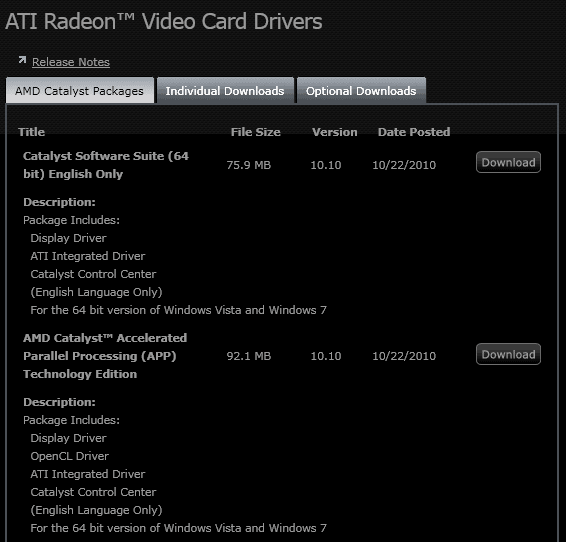
I regularly check the AMD Catalyst driver download page to see if a new driver version has been released by AMD. When I went there today I saw a second AMD Catalyst Package which I had never seen before. It was listed below the standard Catalyst Software Suite as AMD Catalyst Accelerated Parallel Processing (APP) Technology Edition. The new driver package has a size of 92 Megabytes, roughly 17 Megabytes larger than the standard Catalyst Software Suite.
No information about the package are available on the page, except for the drivers that are included in the download. The AMD Catalyst Accelerated Parallel Processing (APP) Technology Edition contains the standard display driver, ATI integrated driver and Catalyst Control Center just like the Catalyst Software Suite. It contains in addition to that the OpenCL Driver which is available as an individual download as well. The size of 16.4 Megabytes is exactly the difference in Megabytes between the standard driver package and the technology edition.

So what's OpenCL then?
OpenCL (Open Computing Language) is a framework for writing programs that execute across heterogeneous platforms consisting of CPUs, GPUs, and other processors. OpenCL includes a language (based on C99) for writing kernels (functions that execute on OpenCL devices), plus APIs that are used to define and then control the platforms. OpenCL provides parallel computing using task-based and data-based parallelism. Its architecture shares a range of computational interfaces with two competitors, NVidia's Compute Unified Device Architecture and Microsoft's DirectCompute.
OpenCL gives any application access to the Graphics Processing Unit for non-graphical computing. Thus, OpenCL extends the power of the Graphics Processing Unit beyond graphics (General-purpose computing on graphics processing units). OpenCL is analogous to the open industry standards OpenGL and OpenAL, for 3D graphics and computer audio, respectively. OpenCL is managed by the non-profit technology consortium Khronos Group. (via)
There aren't a lot of applications for standard users. ATI's developer showcase shows a lot of scientific programs though. Currently, it is safe to say that the OpenCL driver is not needed by the majority of users. This might change in the future.
Do you have additional information about the AMD Catalyst Accelerated Parallel Processing (APP) Technology Edition or the OpenCL driver? Let everyone know in the comments.
Advertisement
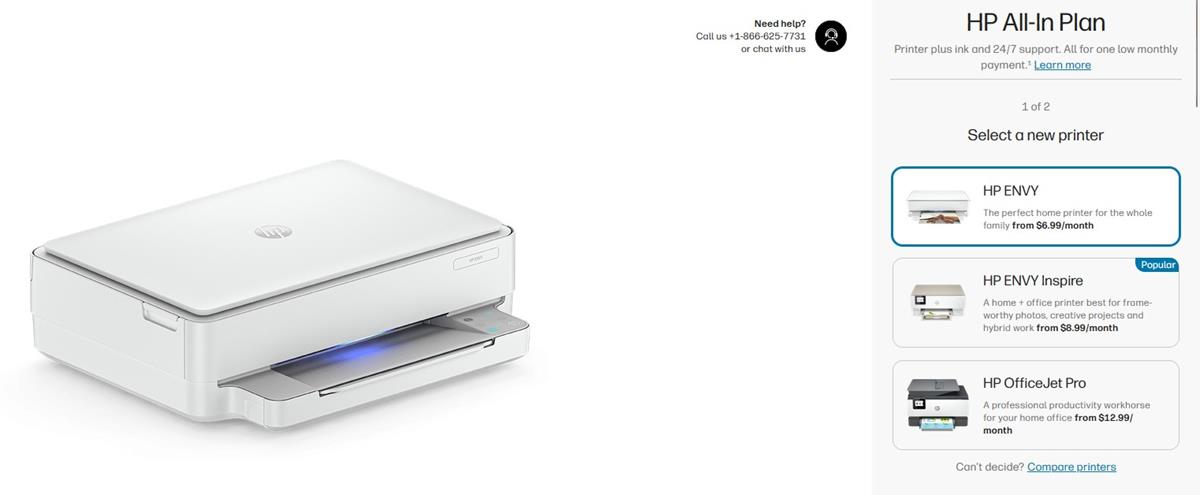
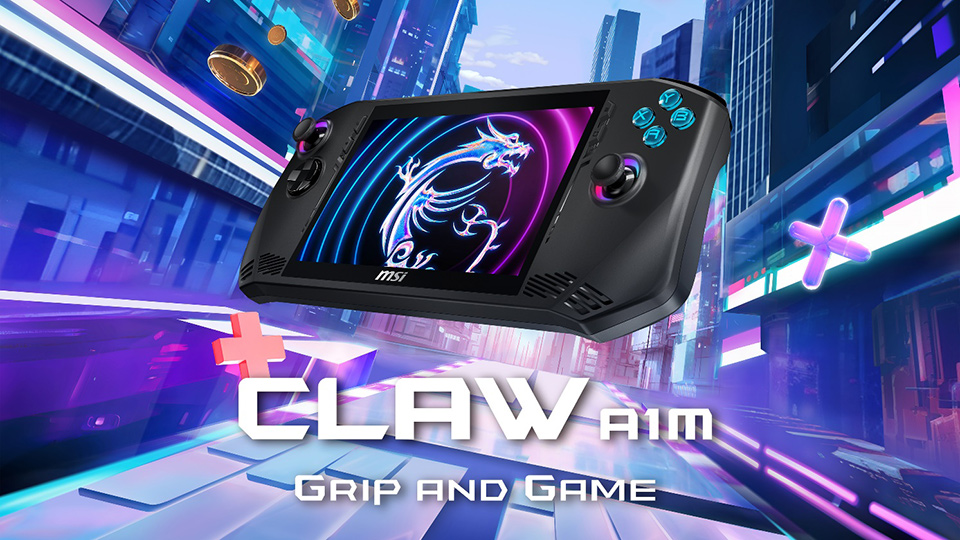

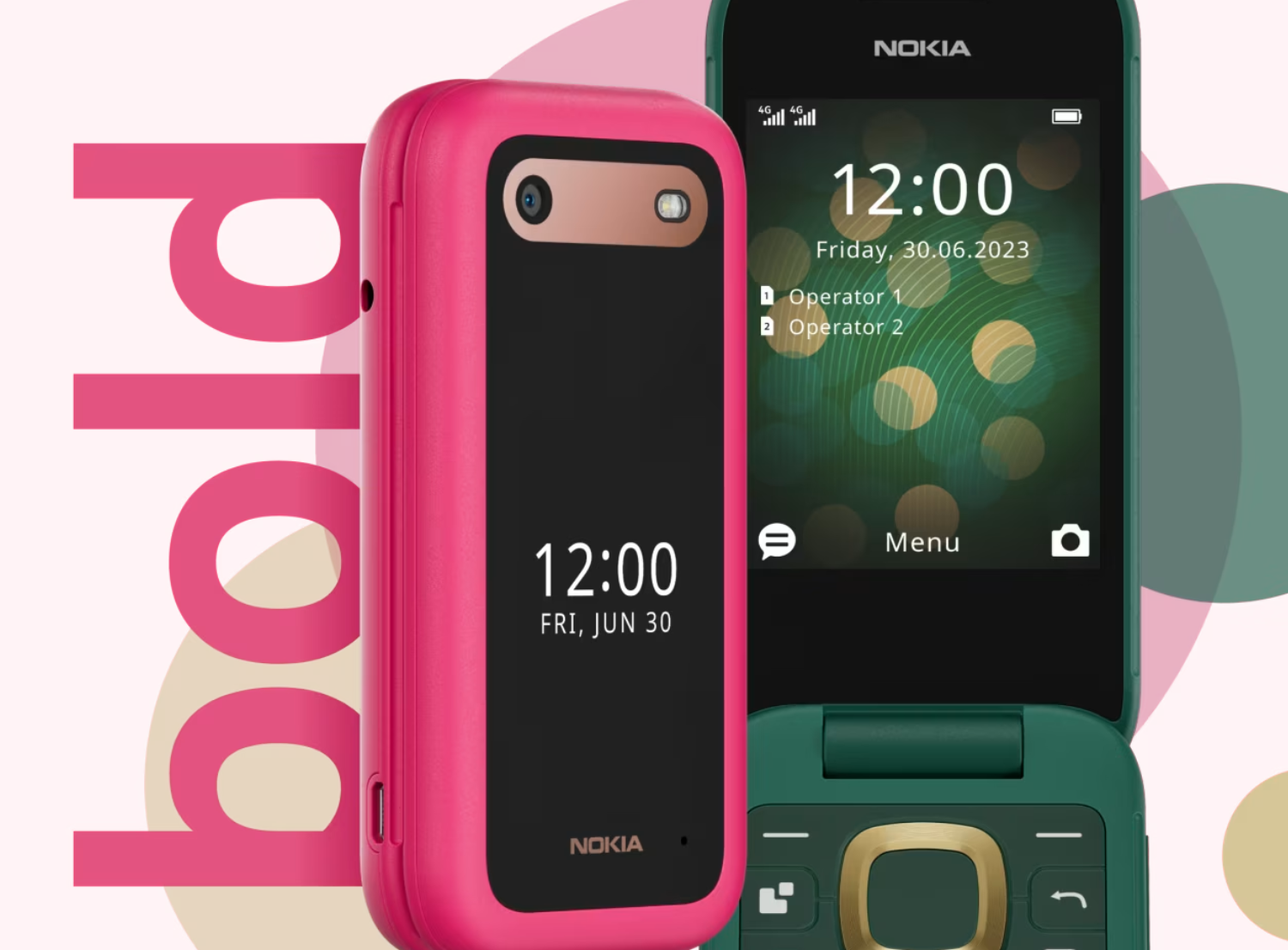
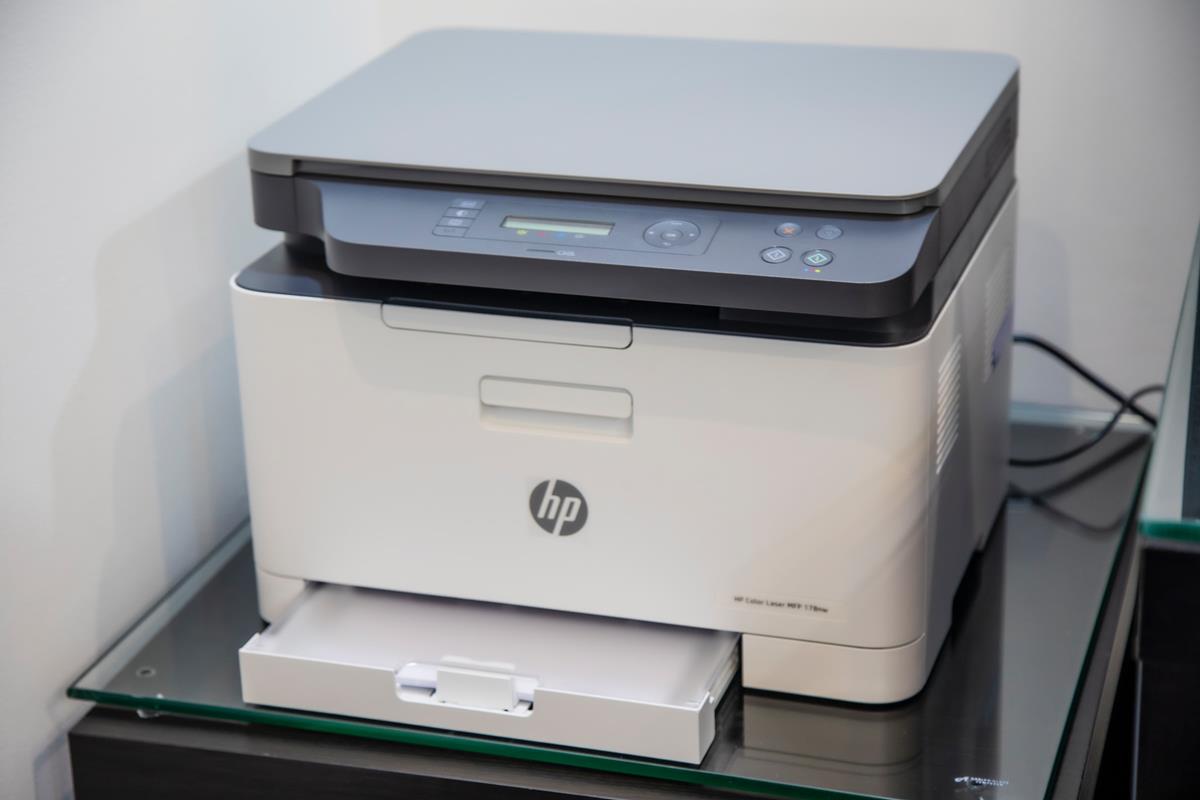
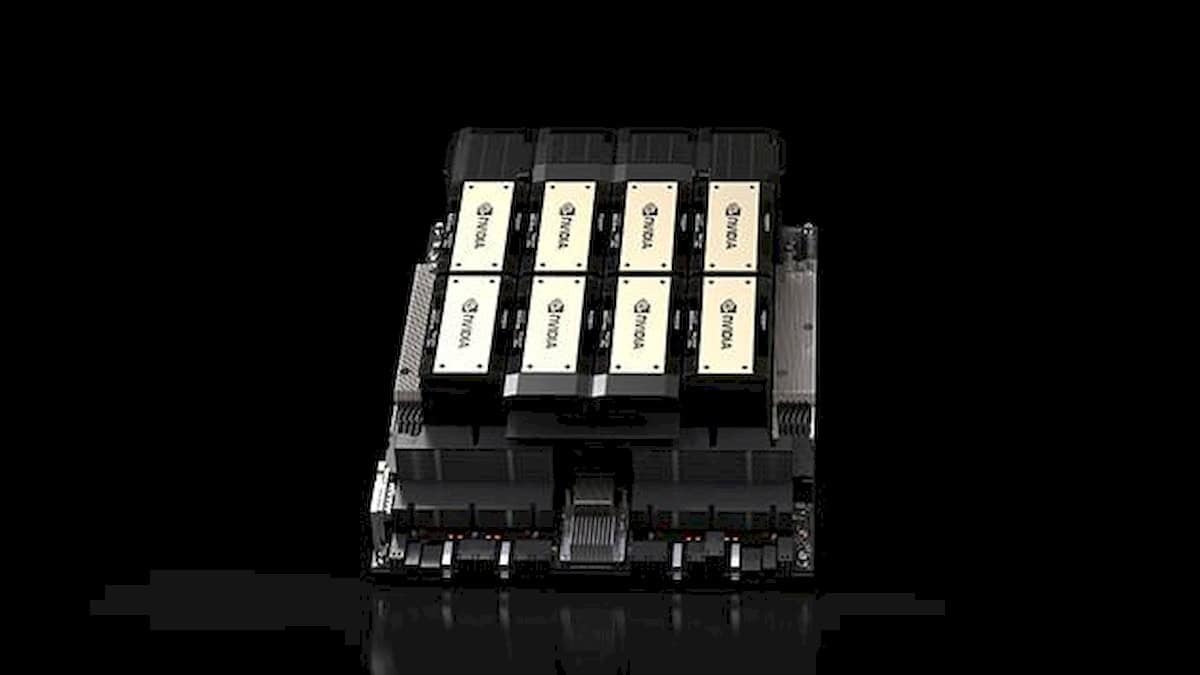











“Newegg offers the best overall deal, including a free Meta gift card (up to $25) and a free copy of Asgard’s Wrath 2. The 128GB and 256GB versions come with a $15 and $25 gift card, respectively”
Must be typo because there is only Meta Quest 3 128GB and 512GB.
Good lord, now I scroll up and I see the post is about the Catalyst, not the Raspberry Pi.
This site is irretrievably busted. It should be shut down until fixed – or just shut down.
Oops, that should have been September 28, not 29.
Well, I’m responding to a post from today on September 29,2023 – and the comments are still busted.
The post I’m responding to is the post about the introduction of the Raspberry Pi 5.
People responding to posts until this is fixed should identify the date and post they’re responding to in order to keep things reasonably rational.
With regard to the Raspberry Pi, I hope that they have fixed the sourcing issues and thus we won’t have to pay $300 for one over the next year. I won’t even consider a Raspberry Pi of any version until the prices come down.
“leaks”
“revelation”
“provides an exciting glimpse into Microsoft’s future plans for its Xbox Series X ecosystem, with a strong emphasis on innovation, design, and immersive gaming experiences”
ad
Is this Apple A17 Pro GPU integrated in the up and coming iPhone 15?
The article and the picture does not make the distinction it being a separate device or integral to the iPhone 15.
MediaTek develops its first 3nm chip using TSMC process
gHacks, fuck off! i’m out.
@Martin Brinkmann,
Regarding my comments (#comment-4573235, #comment-4573237) before and after the reply to @Tom Hawack (#comment-4573236),
I posted it around 2:30pm (daytime) German time, but why is it still not showing up even after almost half a day?
Why are the comments sections in all of the articles from many years ago???? The comments here are from 2010!!
@David Arandale,
Note: I replied to you on September 6, 2023 at Around 2:30 pm, but it was still remain blocked after more than half a day, so I replaced the quoted URI scheme: https:// with “>>” and reposted.
The current ghacks.net is owned by “Softonic International S.A.” (sold by Martin in October 2019), and due to the fate of M&A, ghacks.net has changed in quality.
>> ghacks.net/2023/09/02/microsoft-is-removing-wordpad-from-windows/#comment-4573130
Many Authors of bloggers and advertisers certified by Softonic have joined the site, and the site is full of articles aimed at advertising and clickbait.
>> ghacks.net/2023/08/31/in-windows-11-the-line-between-legitimate-and-adware-becomes-increasingly-blurred/#comment-4573117
As it stands, except for articles by Martin Brinkmann and Ashwin, they are low quality, unhelpful, and even vicious. It is better not to read those articles.
>> ghacks.net/2023/09/01/windows-11-development-overview-of-the-august-2023-changes/#comment-4573033
By the way, if you use an RSS reader, you can track exactly where your comments are (I’m an iPad user, so I use “Feedly Classic”, but for Windows I prefer the desktop app “RSS Guard”).
RSS Guard: Feed reader which supports RSS/ATOM/JSON and many web-based feed services.
>> github.com/martinrotter/rssguard#readme
It’s been going for far over a week now. The fact this Comments section is neither fixed nor simply and honestly removed is perhaps relevant of the owner’s plan to let it slowly but surely become obsolete, check if the number of visitors falls as well and if not then remove ‘Comments’ for good, maybe by January 2024.
I’ve spent many splendid years reading comments, replying, commenting myself here, especially when Ghacks was independent. Comments are so complimentary of articles. End of an era as it seems.
Tom, the issue appears to have been fixed. Terribly sorry that it took this long. Can you please verify? Thank you!
@Martin Brinkmann,
It was just a while ago,
The Comment “Thread about HarmonyOS” posted by @Glyde on September 8, 2023 at 8:06 pm is about the article 2023/09/05 “Watch out Windows, you got a new competitor”,
but it’s linked to Martin’s article 2020/12/26 “How to sum numbers in LibreOffice Calc automatically”.
> ghacks.net/2020/12/26/how-to-sum-numbers-in-libreoffice-calc-automatically/
Please correct the links appropriately.
Regarding the article “Watch out Windows, you got a new competitor”
> ghacks.net/2023/09/05/harmonyos-pc-vs-windows/
Note!
After all, if we don’t fix all the articles with messed up associations, those articles will continue to get messed up. You can’t just leave it alone.
Note!
After all, if don’t fix all the articles with messed up associations, those articles will continue to get messed up. Can’t just leave it alone.
@Martin Brinkmann,
I’m guessing from your most recent article post,
>> ghacks.net/2023/09/08/google-enables-real-time-checks-in-chromes-safe-browsing-security-feature/#comment-4573399
the fixed Martin mentioned is that “From future posts, the association with the article will be properly established.”?
However, is it impossible to fix the association of comments for a large number of articles that occurred during this period (8/15-9/7)?
If ghacks.net were to leave these messed up associations in their articles, Subscribers who don’t know about these things will be very confused when they see the article.
And one more thing, what about the disappeared (erased) Comments?
If all of them have been corrected successfully, it can be said that problem have been “fixed”.
Regarding the Comment block and the missing Comments, I feel that there is a need for a clear official statement (by Softonic) on paper for ghacks.net subscribers.
@Martin Brinkmann,
Incidentally, some of the Comments I posted a few days ago remain blocked.
Example at (ghacks.net/2010/10/31/whats-the-amd-catalyst-accelerated-parallel-processing-app-technology-edition/#comment-4573248),
and more (ghacks.net/2023/09/02 /microsoft-is-removing-wordpad-from-windows/#comment-4573267).
I would also like to know why it is blocked.
@Martin Brinkmann (said on September 8, 2023 at 2:33 pm),
According to my RSS reader, this reply appears to be directed at @Tom Hawack (ghacks.net/2010/10/31/whats-the-amd-catalyst-accelerated-parallel-processing-app-technology-edition/#comment-4573217).
I also replied to Martin (ghacks.net/2023/07/24/pokemon-go-routes-not-working-how-to-fix-it/#comment-4573350) in my reply, but I don’t understand that the series of troubles has been fixed.
In the case where comments on Avast articles (Get Protected the Right Way with Avast Free Antivirus: ghacks.net/2023/08/07/get-protected-the-right-way-with-avast-free-antivirus/) were deleted that I first pointed out to Martin, It It remains disappeared (and nowhere to be found), remaining unchanged.
And the inconsistency in “association between articles and comments” remains unchanged and incoherent.
What exactly was “fixed”?
Nice and good words by @Tom Hawack, I feel near the same feelings with this site. I arrived here while suffering very bad moments at my life when a good friend of mine died of cancer disease. I can’t barely remember when was my first comment, however I think that I have been here since 2018 if my memory doesn’t fail. Anyway, there have been so many years reading good articles and also reading some good comments by some good users. Now I am starting with my first job as forestal engineer at long extension areas of Spain so I will have very reduced time to read and comment, however I will continue visiting this site to remember the good times. Thanks to you all for your efforts and also for the great patience, over all to @Martin, @Ashwin, @Tom Hawack, @owl, @herman cost, @violetmoon and so many other users! You all are the best! :]
@Tom Hawack,
I feeling so too.
“M&A” is used regularly by Microsoft as a means of “ruling out rivals”, and Softonic’s acquisition of ghacks.net seems to be no exception. It is very disappointing.
As is clear from the case of Elon Musk, who acquired Twitter, there are things like locking and deleting comments, authentication systems, etc.
The future of ghacks is uncertain, and it looks like it will end in tragedy.
Advances in digital technology are exposing a chaotic and irresistible oppressive reality. Far from being “bright and happy,” the future feels “dark and gloomy” with despair.
Ghacks has gone way downhill since Martin sold it. The owners don’t give a damn, apparently, as it’s been like this for weeks.
:S
No idea what “[…] than ever …” is supposed to mean in the title. It looks like it’s missing a word.
laptops The description underscores how top brands such as HP, Dell, and Asus are making gaming accessible without a hefty price tag. It’s important to prioritize features like speed, memory, graphics, and processing power when selecting a gaming laptop, ensuring an enjoyable gaming experience without overspending.
New and old comments are appearing in unrelated articles.
I’m making this article in the Lenovo Legion Go leaked images, and it will appear in other articles too.
Good Lord, November 2010! I think it’s time to forgive HP and move on now some 13 years later. Poor HP. People not letting go of resentment. :-P
Being an “old fart”, maybe it is easier for me than others, but I find myself choosing older items over this kind of HP crap. Yesterday’s Caddilac is much more dependable, safer and cheaper to operate than the modern day Tesla.
I beg your pardon, the first comment is from year 2010!
What the hell? :S
There seem’s to be an issue with comments.
This article is about HP all-in-one and the comment count is 0, but there are multiple comments older for an AMD GPU article.
Its remarkable how much Printer makers can get away with it. Its as if this is the first time such companies have been caught doing anti-consumer things.
– Cartridges having very little ink in them on a small sponge.
– Printers flagging falsely flagging printers for repairs for no reason whilst locking out users.
– Printers locking out cheaper third party ink.
– Placing stickers over the USB ports claiming there is none to force people to use ethernet or wifi so the companies can push these so called updates to disable and control your printers.
– Disabling unrelated parts of your all in one printer.
– Forced subscriptions.
– Time bombed hardware.
– Overly expensive ink.
– Falsely claiming ink cartridges are empty when they are not.
The list goes on and on really and yet nobody has done anything about it. Where is Europe on this? Where are the morons that glue themselves to the roads on this or the league against straws.
There is just no oversight for this reckless industry. They have been getting away with murder for years.
I’ve seen some people say that it is cheaper to buy a new printer when the included ink cartridges run out and throw the one they have in the trash which says a lot doesn’t it.
HP is pretty much a known scumbag in the industry but they aren’t the only one, they all do it to one extent or another.
There seems to be a mix-up : comments relate to another, older article.
“Launching the subscription-based service HP+, which, as a feature, blocks using third-party ink for the lifetime of the printer, even when customers unsubscribe later on.”
This is outrageous — just like the rest. I’ll make a good note never to buy HP. Nor ink-jet printers, incidentally. Laser is the way to go.
Not only HP printers by the way : the same shameful practice with the Epson 9900 series printer :
[https://www.youtube.com/watch?v=M84u_8hAFzU] on YouTube
[https://piped.frontendfriendly.xyz/watch?v=M84u_8hAFzU] via this Piped instance.
They make money with the ink cartridges, it’s almost that they’d offer the printer for free.
EDIT, off-topic : the article on it’s very page as on Ghacks Homepage is shown as having 0 comments …
I made the mistake of accepting HP ink subscription package for some months, then I unsuscribed it. A guy told me that so doing HP had remotely changed my all-in-one printer firmware forcing me to use only original ink cartridges.
Is there any way to revert the firmware to the original one, allowing me to use generic ink cartridges?
Thank you.
Some comments seem to refer to other articles…
Yes , prog CyberLink PowerDirector ..it offers Smart Video Rendering Technology (SVRT), and is optimized for NVIDIA CUDA technology, AMD Accelerated Parallel Processing technology, Intel Core family processors, and AMD multi-core central process units.
CyberLink’s PowerDirector 9 Ultra64 can use this technology. That’s why I came to this discussion.
how do you know that your graphics card is app tho
It would be cool if the next version of Photoshop utilized this in order to process renderings faster. That would rock.
So with all these wonderful things that this “APP technology” does the question still remains, why on earth is amd even continuing to release the drivers/catalyst without it?
B/C some people have the i7 with 8 cores and realy dont nead thier GP doing any extra work…. and with 6-12 Gigs of mem running at 1600 mhz the pc screams…
Thanks for the info… was wondering why the 2 versions myself. Still don’t know why they just auto update drivers.
Is there any program or games to day that use
Accelerated Parallel Processing (APP) Technology
Just adding my 2 pennies, I think the APP drivers helps GPU intensive apps run concurrently without crashing. I have an ATI 5870, the usually (non-APP) 10.11 ATI driver crashes (after a few seconds) when I run a 3d game (CoD Black ops in windowed mode) along with running a flash based (TV stream) on firefox. Symptoms are: Game hangs momentary (which I then am forced to close), flash player crashes and ATI driver recovers from a crash.
With the APP drivers installed, this concurrent usage of my GPU seem to run both apps smoothly without crashing. Thanks ATI for the new APP drivers. Things work better now. (Mind you I have not exhaustively tested this! Just a
over an hour of game play while streaming TV). Things use to crash within a few minutes of running the two apps together.
Thanks for your 2¢. i was wondering abt this and I also have the same gpu and stream on my big screen through it while some other gpu intensive thing on the other. I have noticed , though when i play a bd movie in PowerDVD10 ultra player now my gpu shows zero use through out the whole movie. not sure if it is connected and cyberlink corp can not respond to this adequately at all. so far they dont know what i am saying. I use afterburner 2.0 and have the graph showing gpu use and fps and it works . non blu ray dvd show action and appropriate fps60 or 24 depending how i have it set. so it works. i usually use my stand alone blu ray player but i sometimes just keep the one in my computer active and check to see if things are correct and since adding the APP drivers i notice this anomaly, if it is unusual. i would have thought the gpu would be more active for blu ray play back, no more since adding APP but getting 0fps and 0% activity for the whole movie does not seem right. no comments from amd or cyberlinnk so far
Everything found in AMD Catalyst, plus the OpenCL driver Users can still grab all of the individual AMD Catalyst components as well (which will also include the OpenCL driver as well)
Highlights of the AMD Catalyst Accelerated Parallel Processing (APP) Technology Edition 10.10&up Windows release include:
Introduction of AMD HD3D Technology
*Blu-ray 3D support
•This release of AMD Catalyst provides support for Blu-ray 3D playback
•Requires Blu-ray 3D player software, 3D supported display and 3D Stereoscopic glasses*
•Supported on the AMD Radeon™ HD 6800 Series GPUs
Stereo 3D gaming support
•This release of AMD Catalyst provides support for Stereo 3D gaming via 3rd party middleware from Dynamic Digital Depth (DDD) and iZ3D
•Requires 3D supported display and 3D Stereoscopic glasses*
•Supported on the ATI Radeon HD 5000™ Series and AMD Radeon HD 6000 Series GPUs
Video accleration for HD WMV video content
* This release of AMD Catalyst provides video acceleration support for WMV HD (Microsoft video codec) under Windows 7
* Supported on the ATI Radeon HD 5000 Series of products
Enahnced Dynamic Contrast video controls
* This release of AMD Catalyst enhances the Dynamic Contrast setting found in the Catalyst Control Center by adding support for histogram based detection
Information was found on various websites.
“gives any application access to the Graphics Processing Unit for non-graphical computing” means it’s basically the ATI/AMD version of NVidia’s CUDA which allows the GPU’s processing power to be used for other stuff than graphics, eg. for physics calculations (through PhysX in that case). That can lessen the load on the computer’s CPU
Freddy: Did you uninstall the old drivers before installing the new one?
Nope. The instructions didn’t ask me to. I suppose it will just use a vanilla Microsoft driver if I do that? And actually boot? So then I can re-run the Catalyst install?
It is probably best to clean all old drivers first and reboot the machine afterwards. Windows usually offers generic drivers. Once the system boots install the ATI Catalyst drivers again to see if it makes a difference.
Is “Catalyst the user panel”, the device drivers, or the combination?
I have a Celeron motherboard with twin Radeon 9250’s on board, and it’s fine for nearly everything, but has terrible difficulty playing videos, even from the hard drive. I installed the latest “Catalyst” (10-10_xp32_dd_ccc_enu.exe) and the device drivers still say they are from 2006. This may be the best there is for this board, but it’s sure hard to tell.
A thing designed to confuse the user for sure.
Why they simply don’t merge with the normal download omg?
The core problem with the addition is the lack of information on AMD’s part.
Second to last paragraph, “There do not…”, is not grammaticality correct.
You mean grammatically incorrect.
lol
Thanks for the info Martin, I have been wondering too.